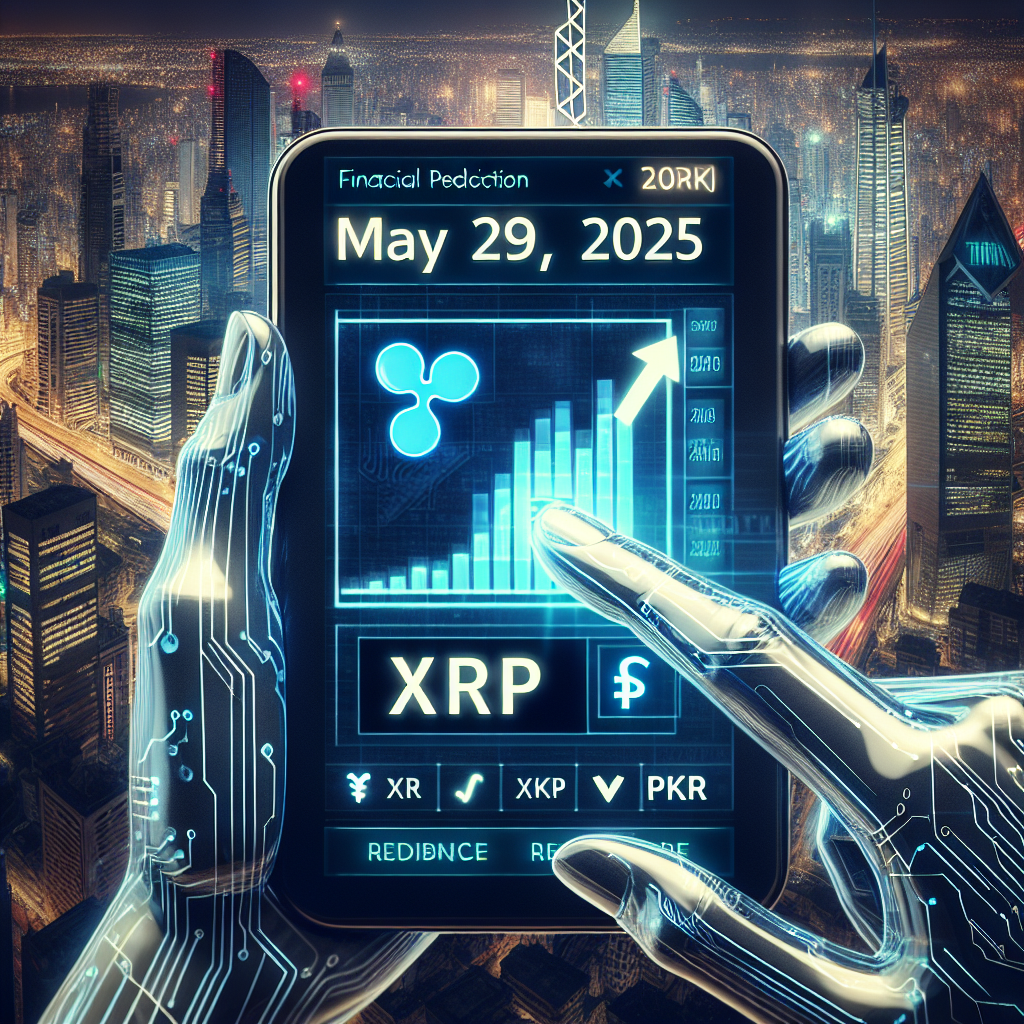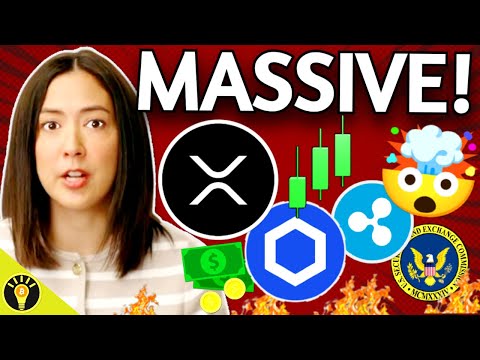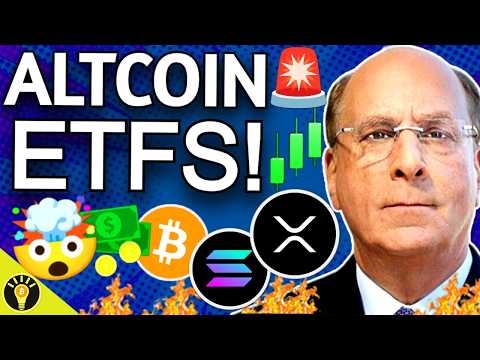XRP is stepping into the spotlight as Ripple’s advanced blockchain technology underpins the ambitious tokenization of Dubai’s real estate sector. With Ripple’s solutions, Dubai is aiming to redefine property ownership and investment, making this initiative one of the most significant blockchain projects in the world today.
Following significant regulatory progress in the United States, Ripple is intensifying its international expansion—setting its sights on the Middle East. The region’s rapid adoption of blockchain and digital assets, combined with Dubai’s forward-thinking fintech environment, makes it a focal point for Ripple’s next phase of growth. At the center of this expansion is the increased utility of XRP in real-world applications, particularly in high-value industries such as real estate.
Ripple’s Strategic Shift to the Middle East
Several factors are driving Ripple’s focused expansion in the Middle East: regulatory clarity in places like the UAE, proactive government support for blockchain adoption, a strong regional push for economic diversification beyond oil, and rapidly rising acceptance of crypto among institutions and individuals. These advantages combine to create fertile ground for Ripple and XRP to offer tangible utility across industries.
Dubai Real Estate: Tokenization Meets Blockchain
Dubai has launched a government-backed initiative to tokenize its real estate market using the XRP Ledger (XRPL), with a goal of representing $16.3 billion in property assets as digital tokens by 2033. This process aims to make real estate investment more accessible and efficient through features such as increased liquidity, fractional ownership for smaller investors, enhanced transparency via immutable records, and reduced costs and time associated with transactions.
Why the XRP Ledger Was Chosen for Dubai Real Estate Tokenization
The XRP Ledger brings several crucial benefits that make it ideal for such large-scale projects. Its high transaction speed (confirming trades in 3–5 seconds), minimal costs, and impressive scalability enable efficient handling of billions of dollars’ worth of assets. The XRPL also includes a built-in decentralized exchange (DEX) and native asset issuance capabilities, ensuring straightforward management of tokenized properties. Additional features such as reliability, near-continuous uptime, and smart contract functionalities (Hooks) support more sophisticated DeFi and asset management needs.
These technical strengths have led government-backed initiatives like Dubai’s to select XRPL for mission-critical undertakings, aiming to set new standards for global real estate markets.
Ripple’s Broader Vision: Bridging Traditional and Decentralized Finance
While Dubai’s real estate tokenization is a flagship initiative, it reflects just a portion of Ripple’s larger ambition. The company is positioning itself as a leading infrastructure provider for institutions interacting with tokenized assets through acquisitions like Hidden Road (valued at $1.25 billion). Ripple continues to innovate with payments and stablecoins that enhance digital asset trading and settlement. Recent funding rounds—such as $121 million raised via partnerships like VivoPower—underscore investor confidence in Ripple’s roadmap and fuel continued development.
The Middle East Crypto Ecosystem: A Fertile Ground for Blockchain Innovation
The Middle East boasts a vibrant crypto ecosystem where governments and private enterprises are actively exploring solutions ranging from central bank digital currencies (CBDCs) to blockchain-based asset management platforms. By securing regulatory approval in Dubai, Ripple has established a solid operational foundation, enabling partnerships with forward-looking local businesses and institutions eager to modernize their financial infrastructure through blockchain.
Opportunities and Challenges Ahead
The benefits of Ripple’s expansion are significant. For Ripple and XRP, the move opens access to vast new markets and strengthens XRP’s enterprise use cases. For Dubai and the broader Middle East, it attracts global investment, accelerates modernization of financial infrastructure, and reinforces the region’s reputation as a technological hub. Investors also stand to gain from increased transparency, streamlined transactions, and innovative access to real estate investments.
However, several challenges persist. Regulatory diversity across Middle Eastern countries can complicate cross-border operations. There remains a learning curve as market participants adapt to tokenized assets, requiring ongoing education and trust-building among traditional financial players. Additionally, scaling up these solutions will demand robust infrastructure and smooth integration with existing legacy systems.
Ripple’s Momentum Signals a Bright Future for XRP










Leave a Comment